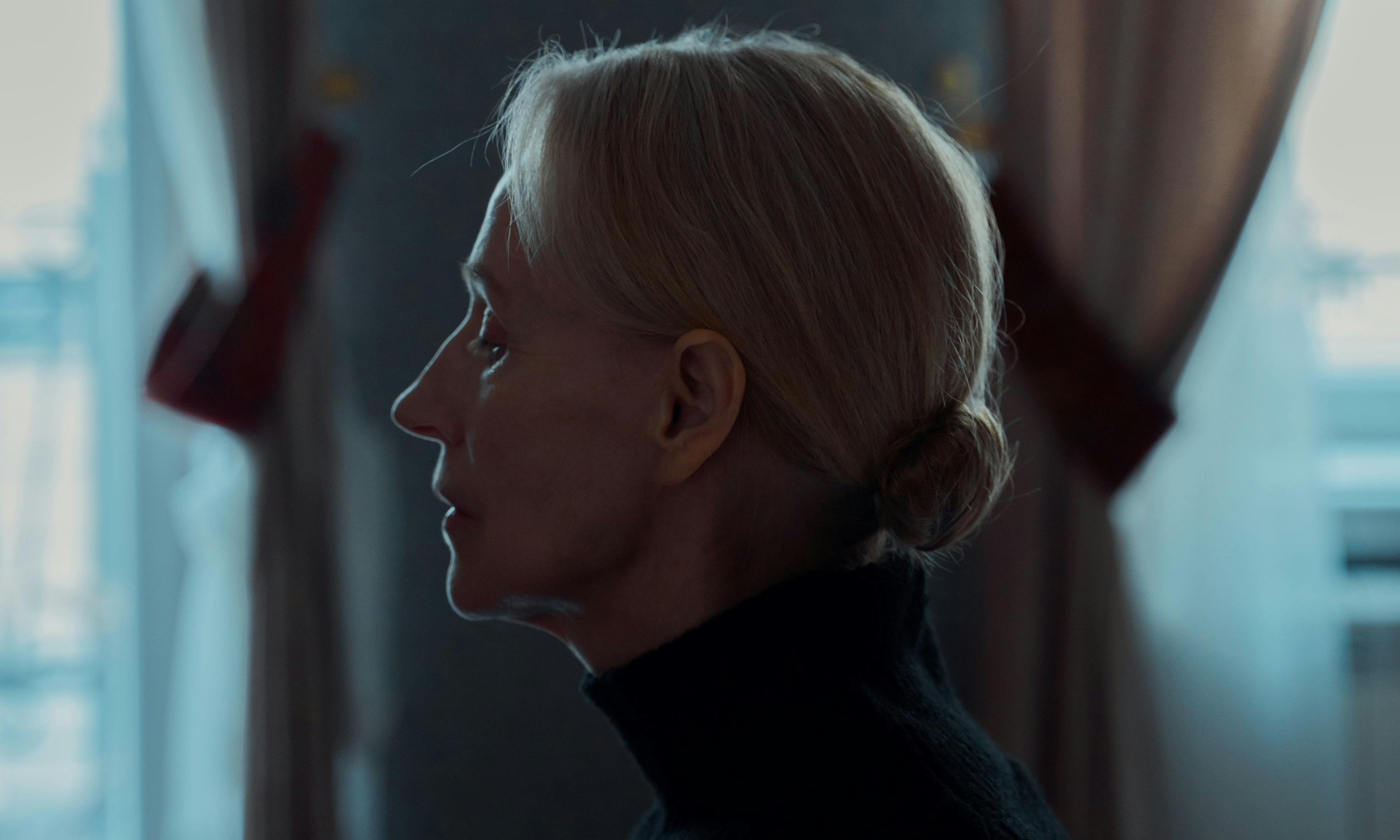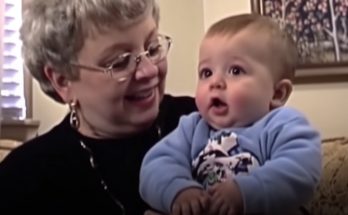“Rachel, I can’t keep doing this,” Paul said, slamming his cup down on the table. “She’s costing too much.”
“Paul, she’s our grandmother. She raised us, remember?” I replied, trying to keep my voice steady. I could see the tension in his jaw, the frustration in his eyes.
“That was then. Things are different now,” he said, crossing his arms. “She doesn’t bring anything to the table anymore. She just sits there, painting and wasting time.”

A man and woman arguing in the kitchen | Source: Pexels
“Those paintings mean something to her,” I said. “And they could mean something to us if we let them.”
Paul scoffed. “Sentimental nonsense. I need to think about the future, Rachel. We can’t afford dead weight.”
I felt a lump form in my throat. “Paul, it’s not about what she can give us now. It’s about what she’s already given.”

A man and woman arguing in the kitchen | Source: Pexels
He stood up, running a hand through his hair. “Look, I’ve got a family to think about. Expenses are through the roof. If she can’t contribute, I don’t see why we should carry the load.”
“Because she’s family. She’s more than family; this is Grandma Eleanor we’re talking about,” I said, my voice barely above a whisper.
Weeks passed, and Paul’s demeanor only grew colder. Grandma Eleanor tried to hide the hurt, but I could see it in her eyes, the way she clutched her paintbrushes like lifelines.
My kids adored her, always sitting by her side as she painted, their laughter filling the house with a warmth Paul’s home had long since lost.

A woman makes a call on a cell phone | Source: Pexels
One evening, Paul called me. “Rachel, it’s time she moves out. I can’t do this anymore.”
I felt my heart sink. “Where will she go?”
“She can stay with you,” he said bluntly. “You seem to care so much.”
I agreed, but the conversation left a bitter taste in my mouth. I couldn’t understand how Paul had become so heartless. I prepared the spare room, knowing Grandma would need a space that felt like home, a place where she could paint without feeling like a burden.




